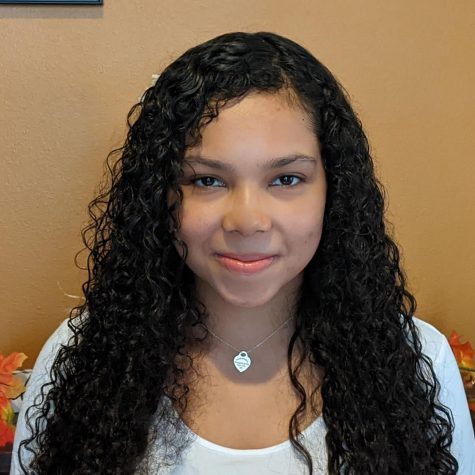Social Media Activism: Performance vs. Impact
June 15, 2020
After the tragic murder of George Floyd at the hands of police, people across all social media platforms began a massive outcry for awareness, education, and, most importantly, change. Unsurprisingly, this is not the first time people, particularly black people, have used social media to protest against police brutality. However, it seemed like the topic of Black Lives Matter, police brutality, or even kneeling were considerably more taboo, with many pushing against it or staying silent entirely. Presently, it seems as if everyone is using their platform to speak on the matter. As they should. After all, silence during a fight for human rights can easily be mistaken as satisfaction with the status quo (that being the racially-fueled murders of black civilians). When it seems like information and opinions can be shared with just two taps, it leaves people to question the authenticity of such actions. I will not be including participants of physical protests, marches, or rallies here, but the unjust and unprovoked police force used against peaceful protesters is deserving of another article entirely.
Obviously, taking to social media has allowed for the voices of those that cannot speak to be heard and remembered. Still, considering the viral nature of these types of posts, it can seem as though a simple repost of “#blacklivesmatter” is more to save face rather than anything else. Saving face, posting because it is trendy, or doing it just to avoid criticism are the main intentions behind performative activists. This means that intention is the main characteristic that separates performance activism from impactful advocates for change. Intention does not always equate to action, but it is not necessarily difficult to recognize one’s intention behind their posts.
There is no one way to be an activist. Maybe you are not the most proficient writer but you have the financial means to donate to the cause. Or, if it is not possible for you to donate, you can sign petitions and share them to others. Put in the research, and direct your non-black friends and family members to educational resources so they too can contribute helpfully. If nothing else, listen to black voices. Not just your one black friend. Not just the one activist you follow on Instagram. Listen and seek out diverse black voices. Greater still, do not expect your black peers to relive their life-long trauma in an effort to hold your hand and spoon-feed you information. When the world is at the touch of your fingertips, self-education is the bare minimum, and more of a duty.
You may face criticism for only posting a black screen for the sake of awareness. Even so, does that really matter? A true ally does not get defensive in the face of deserved criticism, because they are too busy searching for new and innovative ways to encourage radical change. There is no time for you to gloat about all of the work you have supposedly done. Activism is not a competition and will not always be this trendy. Will you be an ally on and off the screen, when you are not protected by anonymity? Understandably, there is little to no tolerance for the silent, the “moderate,” or the ill-intentioned. If you believe yourself to be on the right side of history, then being cancelled or controversial should be of no concern to you. Engaging in self-reflective discussions and calling your loved ones out on their inherent prejudice cannot be accomplished in one day. It is a lifestyle. The fight for human rights has been happening long before you were born, and may endure long after you are gone. You have some catching up to do.



Ashlesha Mishra • Jun 17, 2020 at 5:32 pm
Recently there have been many posts on social media regarding certein issues. These posts tend to be there for a week and then the amount slowly lessens, like a trend. “A true ally does not get defensive in the face of deserved criticism”. This article explains this idea wonderfully!
Cara • Jun 16, 2020 at 11:43 am
It’s interesting to think about intent vs impact in the context of activism. I think that activism fueled by desire to “save face” or “be trendy” is an unfortunate inevitability when a cause like this becomes so mainstream, especially in the age of social media. I don’t think this sort of activism does any harm per say, but it definitely doesn’t do any good either. Putting in the time to educate and commit to a cause, like you mentioned in your article, is activism that doesn’t require that much effort but does way more than posting a hashtag. However, I think it’s unfortunately too much to expect from a lot of people to care, and that’s what activists from every cause have been struggling with for as long as there was activism. Getting to a point where most people may not be taking immediate action but are still aware of these issues and hold a vague sense of support is still progress, even if it doesn’t always feel all that rewarding.
Jake Miller • Jun 16, 2020 at 10:03 am
This was so well written. I agree with and appreciate all the points you made, but especially like the questions you pose to the reader about consistent advocacy and willingness to learn. “A true ally does not get defensive in the face of deserved criticism” puts it perfectly.